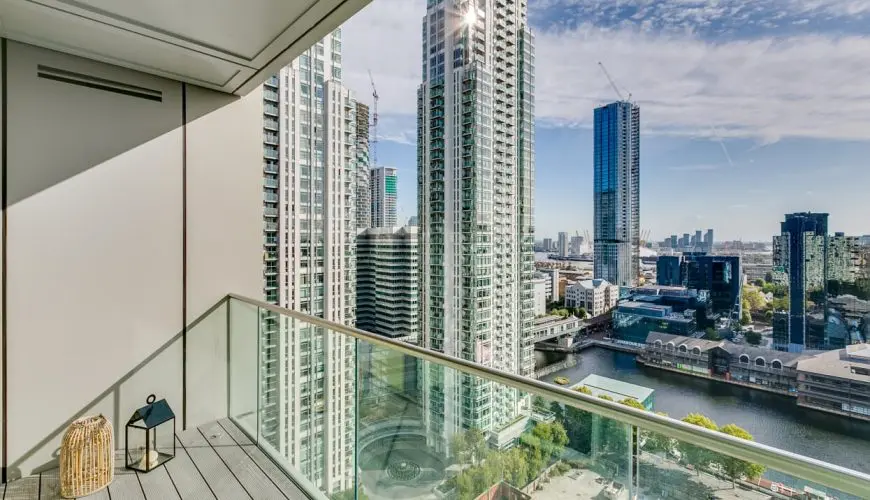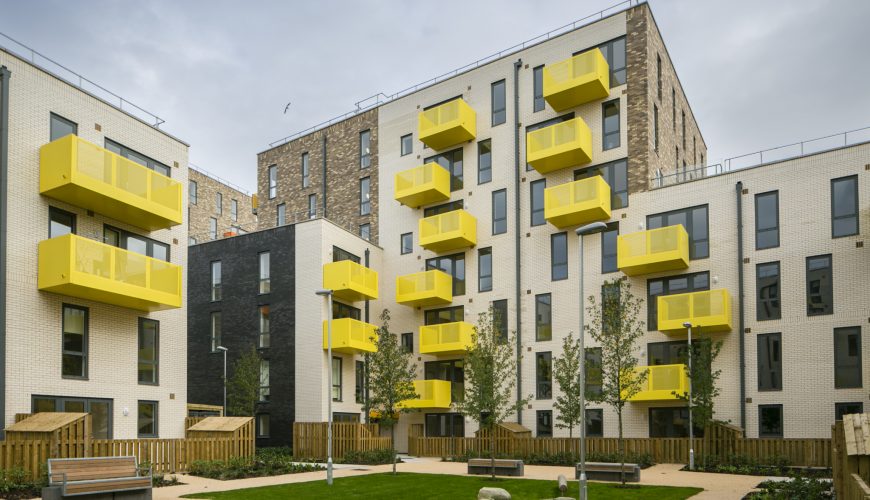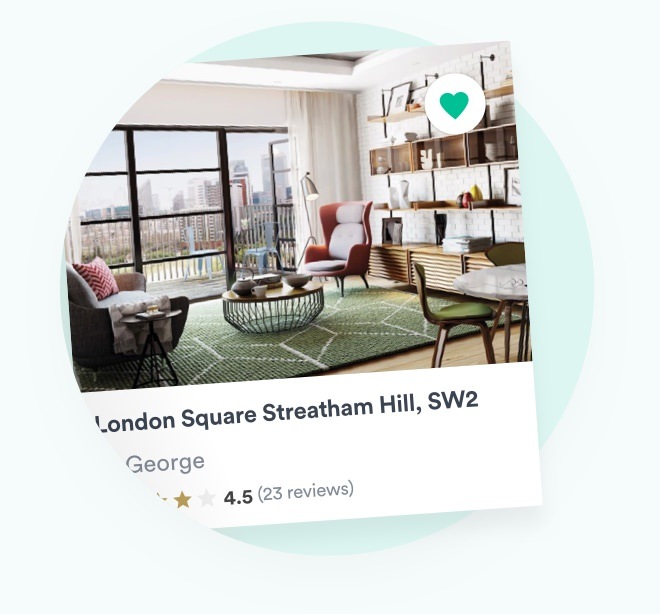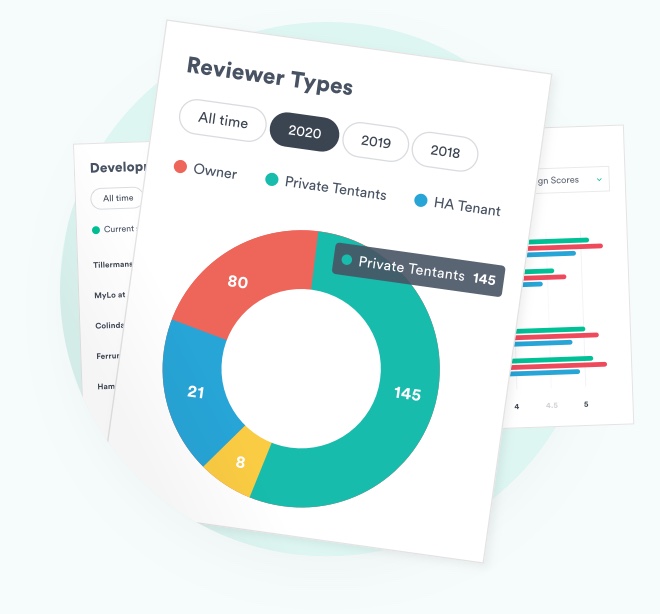Are you living in a parking nightmare? In the UK, thousands of homeowners on HomeViews rated parking arrangements as one of the things they wish they’d known more about before buying. Read on to find out how to complain about parking on your street in the UK.
FAQs
How do I complain about parking on my street?
If you own your own home, and you’re experiencing nuisance parking, you may be able to complain to your local council. If you live in a leasehold property with allocated parking, contact the leaseholder or property management company.
What action can be taken to control nuisance parking?
The action local councils can take depends on the nature of the parking problem. If your parking issue includes vehicles parked in a permit zone without the required permit, or cars parked across a dropped kerb, blocking your access, they may issue a penalty charge notice.
In leasehold properties, the action depends on what it says in your lease. The lease has to clearly state whether residents have their own allocated parking. If there is allocated parking, landlords may monitor this or employ a parking services firm, and they could issue fixed penalties.
How do you deal with neighbours’ parking?
If your neighbour is parking in your space or restricting access to your property, the first option is usually to talk to them about it. Don’t be aggressive, and don’t threaten them. Instead, politely explain the problem and try to reach an agreement with them.
If you’re unable to reach an agreement, you can contact your local council. They can provide you with a mediation service to help resolve the disagreement. Most parking disputes are matters of common courtesy, and don’t involve law enforcement or council intervention.
Can I report someone for parking outside my house?
If someone parks outside your house legally, there’s not much you can do about it. If the parking blocks your access, then it could be in contravention of the Highway Code. However, this isn’t a legal document, so you can’t necessarily use it to report someone.
You may be able to report someone for parking outside your house if they’re parked in front of a dropped kerb and preventing you from accessing or leaving the property. There are certain allowances for parking over dropped kerbs, and it’s usually best to start by talking to the vehicle owner. If someone refuses to move their car, though, you can report them to the police by calling 101.
Read more
Can police deal with parking issues?
If someone is parking on your street illegally, you might be able to report them to the police. Parking on double yellow lines is generally an issue for local councils, not the police. If, however, someone parks across a dropped kerb, blocking access to your property and refusing to move their vehicle, you can report them to the police.
What is the law on parking on pavements?
Local councils typically deal with pavement parking. Councils can only fine pavement parkers in certain circumstances. These include when a sign states that it’s prohibited or if they’re parked across yellow lines. They can also issue fines if the vehicle is blocking access to a property or obstructing a highway.
Can I park on the street in front of my own driveway?
If your street has no parking restrictions, then you can park in front of your property. However, if there are parking restrictions or a dropped kerb leading to your driveway, the same rules apply to you as to any other driver. Driveways require a dropped kerb for access across pavements, so it’s not usually possible to park in front of your own driveway.

What can I do if someone parks in my designated space?
If someone parks in your designated space, first consult your lease or the local parking regulations. Check whether your lease states that each resident has allocated parking in a set parking space. If so, you can report the vehicle owner to your property manager.
Building owners or managers must ensure leases clearly state a building’s parking regulations. They’re also typically required to provide clear parking signage. Some building managers employ parking firms to issue fines to those who break the parking regulations set out in the lease.
Does new build parking have to come with electric charging points?
Building regulations in England require all new build homes to have electric car charging facilities. This came into effect in June 2022.
Do developers have to provide parking for new builds?
It’s up to local authorities to set the regulations on new build parking. Many local authorities require developers to provide ‘adequate’ parking facilities for new homes. If you’re unsure whether your new home has the required amount of parking, contact your local authority for advice. Hopefully, this advice on how to complain about parking will help you sort the issue out for good.
Can I complain about an abandoned vehicle on my street?
Abandoned vehicles on streets can be an eyesore, and could even reduce the value of your house. They could also pose a health risk if they’re rusting and falling apart, leaving jagged edges. If you’re concerned about an abandoned vehicle on your street, or at a nearby property, you can report it to your local council.
The UK Government issues advice on abandoned vehicles and the obligations of councils to deal with them. To report an abandoned vehicle, visit this website.
What is the punishment for illegal parking UK?
If you park illegally in the UK, the typical punishment is a fine of £80 or more. The amount will change depending on the severity of the offence. For example, parking in disabled spots without proper documentation can incur a higher penalty than curb parking where you’re not supposed to.
However, there are new regulations being introduced that will cap the maximum parking fine in England and Wales at £50.
HomeViews provides verified resident reviews of the UK’s housing developments. We’re working with developers, landlords and the Government to recognise high performers and help to improve standards in the built environment.



















